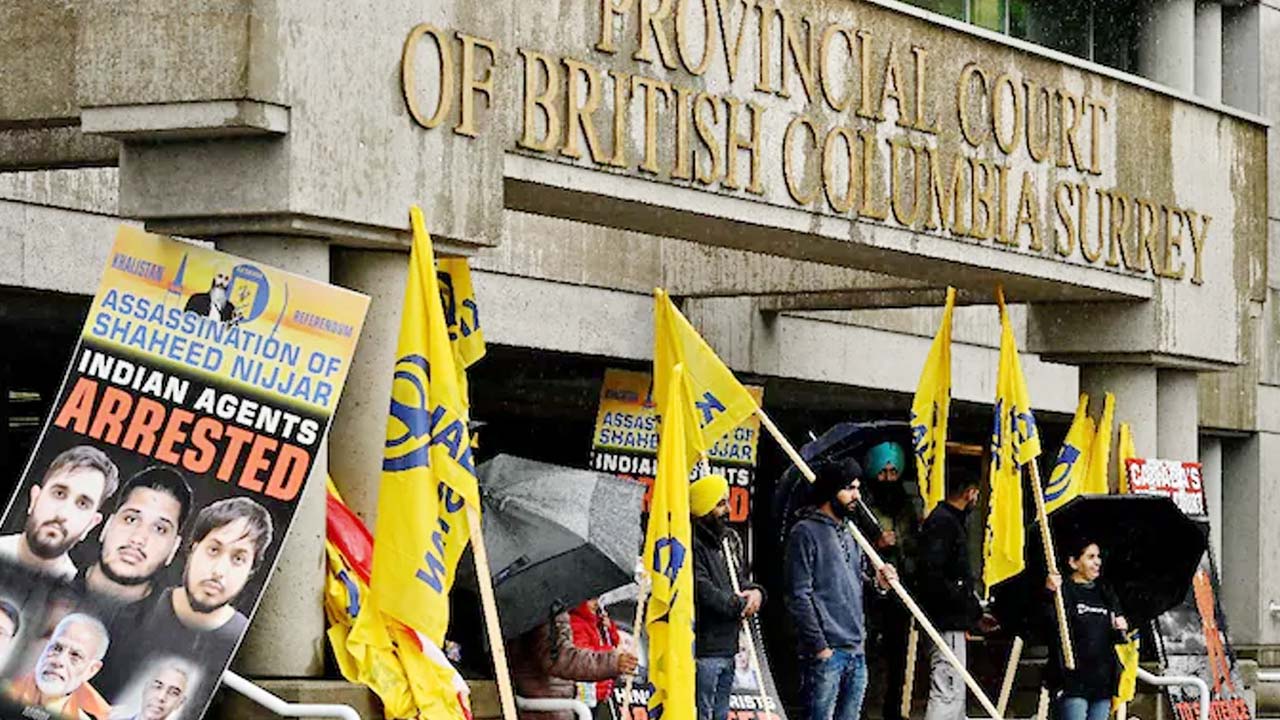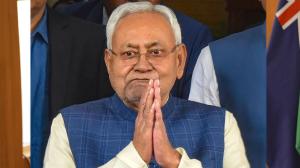
Nairobi, Kenya,:In Nairobi, Kenya, police deployed tear gas to disperse demonstrators demanding the resignation of President William Ruto as a new Cabinet was sworn in on Thursday.
The protests, held in the capital, were led by activists dissatisfied with Ruto, despite his decision to dismiss most of his ministers and include opposition members in what he described as a 'broad-based' government.
As a result, businesses in Nairobi shut down, and public transportation avoided the central business district. Police set up roadblocks on routes into the city, and the area around the president's office, where the new ministers took their oaths earlier in the day, was heavily guarded.
While major cities, including Kisumu, an opposition stronghold with a history of protests, remained peaceful, some locals stated that they refrained from protesting due to the opposition's inclusion in the new Cabinet.
Civil society organizations, along with the Law Society of Kenya, issued a joint statement advocating for the protection of human rights during the demonstrations and urged the police to avoid deploying nonuniformed officers or using unmarked vehicles.
'We emphasize the constitutional right of all individuals to protest, picket, and present petitions to authorities in a peaceful and unarmed manner,' the statement read.
On Wednesday, Ruto condemned the protests, encouraging Kenyans to avoid participating and reminding them that they can vote for change in the 2027 elections.
Activists had planned an '8/8 Liberation March' for Wednesday, warning that nonuniformed police officers would be treated as criminals by the demonstrators.
'We will march for our rights, and tomorrow we will liberate this country,' activist Kasmuel Mcoure declared.
The protests in Kenya began on June 18, initially as a call for legislators to reject a controversial finance bill proposing tax increases amid the rising cost of living.
On June 25, protesters stormed parliament after the bill was passed by legislators. According to the Kenya National Commission on Human Rights, more than 50 people have died since the protests began.
Although the president declined to sign the bill, sending it back to parliament and acknowledging the public's opposition to it, he warned of potential consequences for revenue and expenditure.
Despite his decision to dismiss all but one Cabinet minister, protests have continued, with calls for Ruto's resignation over issues such as poor governance, corruption, incompetence in his Cabinet, and a lack of accountability.












